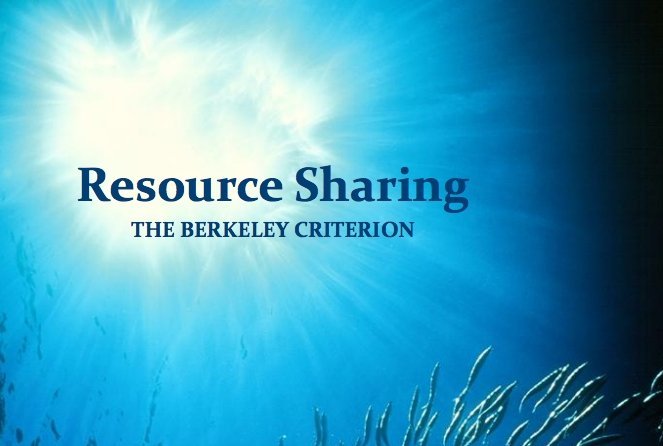To sustain life in the ocean while at the same time ensuring a healthy future for fishing at sea, we need to fish as part of the natural system, as one among many predators, argues a new white paper released today by the conservation group Wild Oceans.
Resource Sharing: The Berkeley Criterion, written by Wild Oceans president Ken Hinman, offers a more natural, more balanced and far wiser alternative to our present way of managing marine fisheries, specifically those for key prey or forage species. Our present policies, he says, are producing an ocean environment incapable of sustaining life in all its wild diversity and abundance.
“Despite all the rhetoric about ‘sustainable fishing’, we still fish for prey species as if we were not subject to the same natural laws as other predators, as though we could fish without regard for sustaining other forms of life in the sea,” says Hinman, who has spent a good part of the last 20 years studying the science and conservation of forage fish. “Fishing strategies that do not recognize the needs of other predators and the health of the ecosystem as a whole are simply not sustainable.”
The 40-page white paper explains why our current fishing policies are ecologically harmful (Part One), dispels common misconceptions about where fisheries management is now relative to where we need to be (Part Two), and reveals an emerging consensus among scientists and policy-makers about how we should be protecting the ocean food web, right now (Part Three). For instance, Hinman discovered a large school of well-regarded fishery ecologists, from all over the world, that endorse what he calls “the 75% solution,” which recommends leaving at least three-fourths of a virgin fish population in the water to serve its ecological role as prey.
The publication of Resource Sharing comes at a time when there are critical decisions facing the New England, Mid-Atlantic and Pacific Fishery Management Councils, the Atlantic States Marine Fisheries Commission, and the U.S. Congress; decisions that will determine how we define ecologically sustainable fishing in the future.
“Sharing the resource among fisheries and natural predators is a novel concept that is nevertheless essential to our co-existence with wild oceans,” Hinman says. “The future of fishing, I believe, is in the balance.”
To download a copy of Resource Sharing: The Berkeley Criterion, click here.






